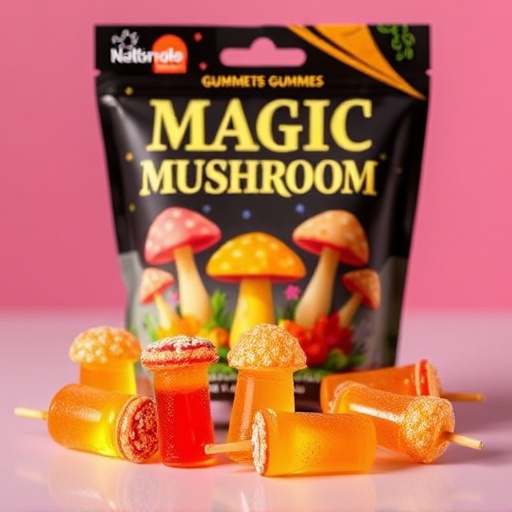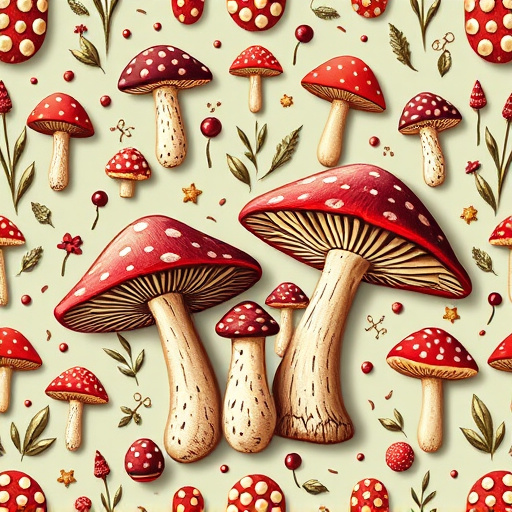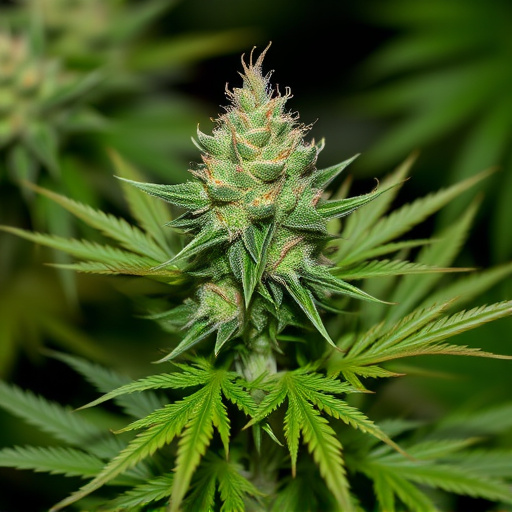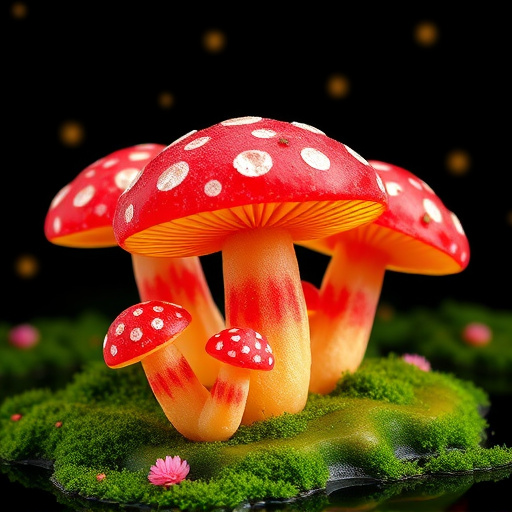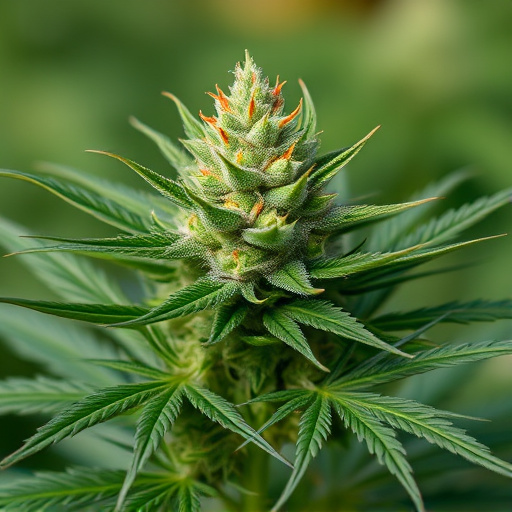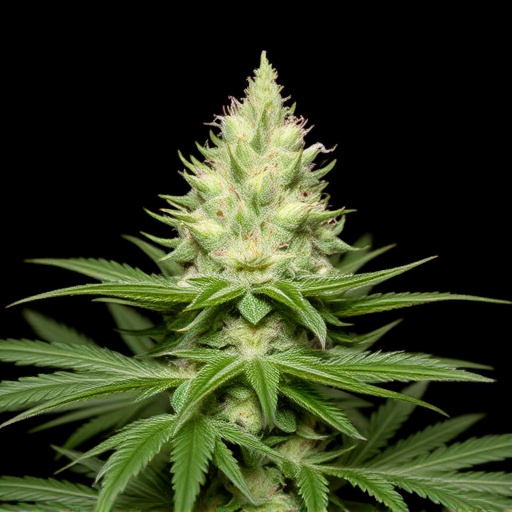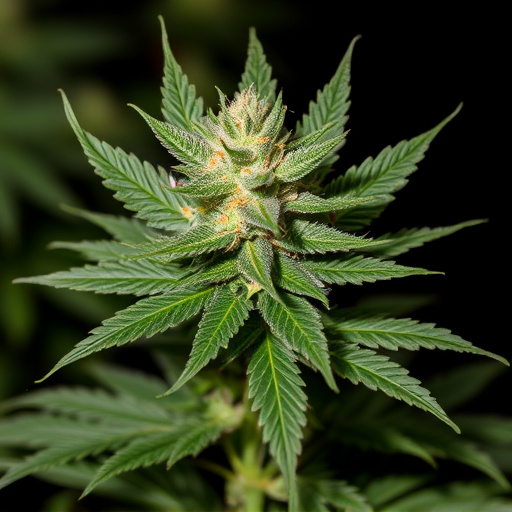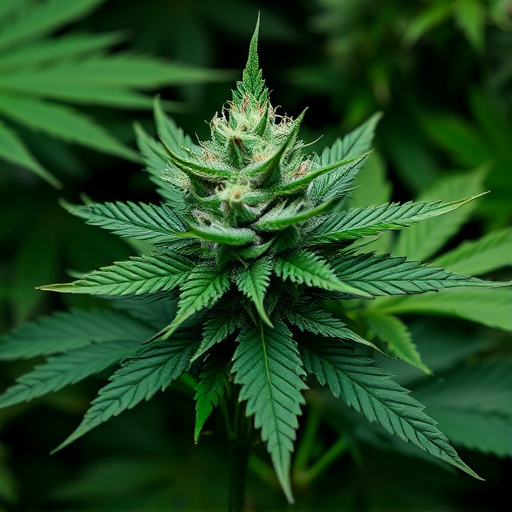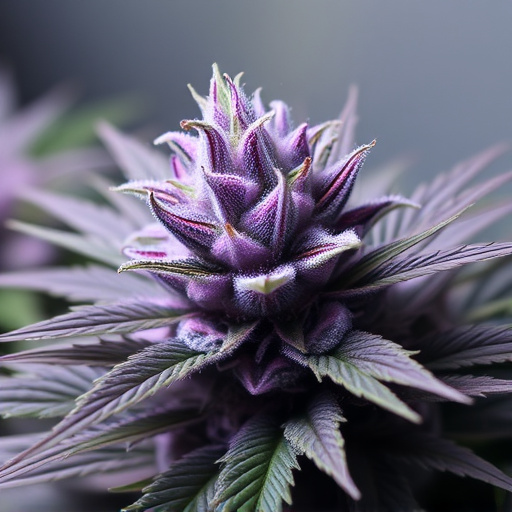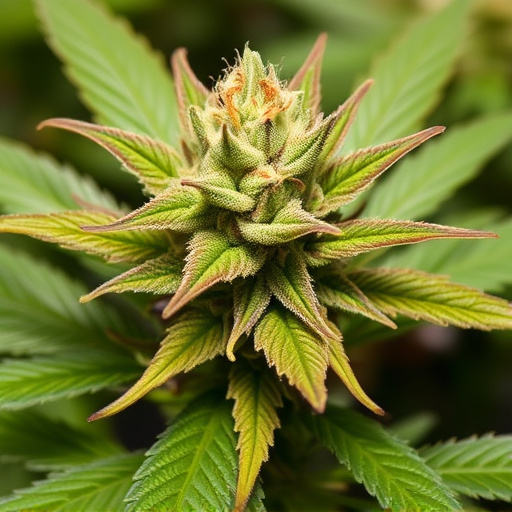Cannabis cup winning strains, high in THC, interact with brain dopamine and serotonin systems, leading to short-term mood boosts but posing risks of long-term imbalance. While these strains can offer temporary relief for conditions like depression and chronic pain, excessive use may contribute to mood disorders and dependency. Balanced cannabinoid profiles, including higher CBD levels, can moderate THC's impact, providing more nuanced therapeutic experiences. Understanding these interactions is crucial for perceiving cannabis' effects and guiding research into its potential benefits.
Discover how cannabis interacts with your brain’s reward and mood regulators, dopamine and serotonin. This article explores the complex relationship between cannabis and these neurotransmitters, shedding light on its effects and potential therapeutic benefits. From understanding the basics of dopamine and serotonin to examining the impact of renowned Cannabis Cup-winning strains, we delve into the science behind this controversial plant’s unique properties.
- Understanding Dopamine and Serotonin: The Neurotransmitters of Reward and Mood
- Cannabis Interaction with Dopamine and Serotonin Systems: A Complex Relationship
- Cannabis Cup Winning Strains: Effects on Dopamine and Serotonin and Potential Therapeutic Benefits
Understanding Dopamine and Serotonin: The Neurotransmitters of Reward and Mood
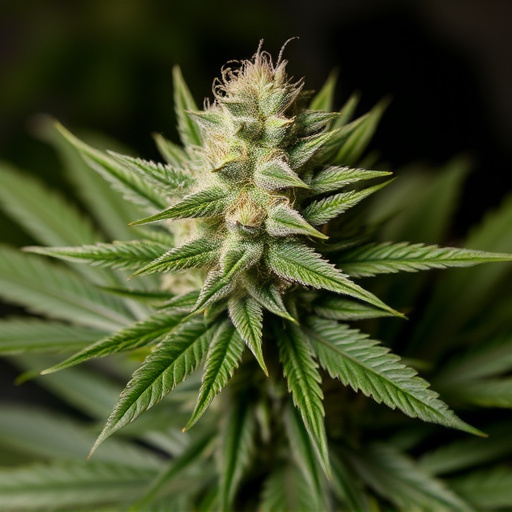
Dopamine and serotonin are two key neurotransmitters that play a crucial role in regulating our mood, motivation, and reward responses. Often referred to as the “feel-good” chemicals, they influence various aspects of our mental and physical health. Dopamine is primarily associated with pleasure, motivation, and movement, while serotonin regulates mood, appetite, and sleep. Imbalances or disruptions in these neurotransmitters have been linked to several conditions, including depression, anxiety, and addiction.
In the context of cannabis, certain strains known for their high THC content—the primary psychoactive compound—can significantly impact dopamine and serotonin levels. Cannabis cup winning strains, renowned for their potent effects, often stimulate the release of dopamine, leading to heightened feelings of pleasure and reward. This stimulation can temporarily boost mood and energy levels. However, long-term or excessive use may disrupt the natural balance of these neurotransmitters, potentially contributing to mood disorders or dependency.
Cannabis Interaction with Dopamine and Serotonin Systems: A Complex Relationship
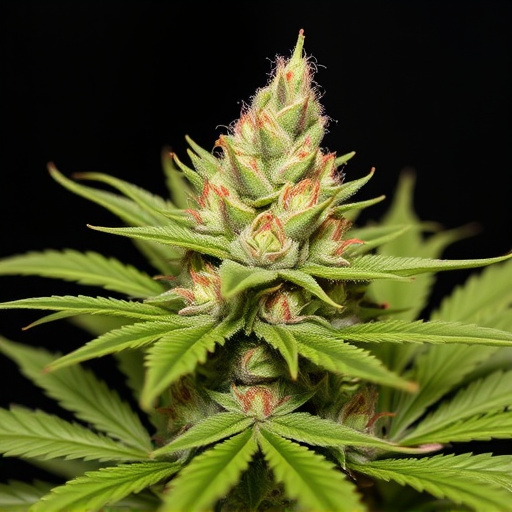
Cannabis has a complex and multifaceted interaction with the brain’s dopamine and serotonin systems, which play pivotal roles in reward, pleasure, mood regulation, and cognition. While cannabis is often associated with its immediate effects on inducing euphoria and relaxation, its impact on these neurotransmitters is a more intricate story. Dopamine, known as the “feel-good” neurotransmitter, is released during pleasurable activities, reinforcing those behaviors. Cannabis, particularly high-THC strains, has been shown to stimulate dopamine release in certain areas of the brain, contributing to its addictive potential and some of its immediate rewards. On the other hand, serotonin, involved in mood, appetite, and sleep, interacts with cannabis through various receptors, leading to a mix of effects that can range from elevated mood to anxiety, depending on individual variability and strain specifics.
Cannabis cup winning strains, renowned for their balanced or unique cannabinoid profiles, offer insights into these interactions. Some strains may contain higher levels of CBD (cannabidiol), which has been studied for its potential in moderating the effects of THC (tetrahydrocannabinol) on dopamine and serotonin, providing a more nuanced experience. Understanding this complex relationship is crucial as it not only shapes our perception of cannabis’s immediate effects but also informs research into potential therapeutic applications, where modulating neurotransmitter systems could be beneficial for various conditions.
Cannabis Cup Winning Strains: Effects on Dopamine and Serotonin and Potential Therapeutic Benefits
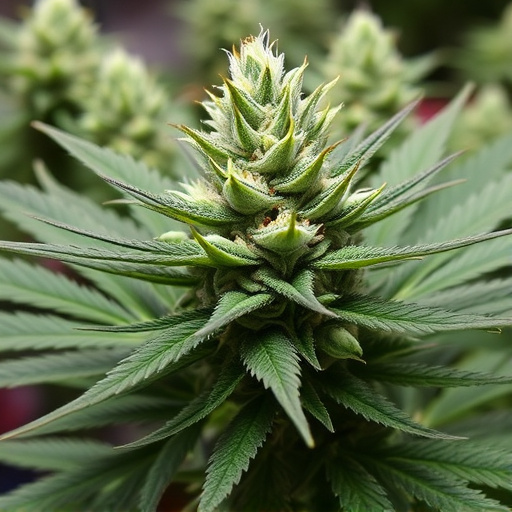
Cannabis Cup-winning strains have garnered attention for their unique chemical profiles, often boasting high levels of THC (tetrahydrocannabinol) and other cannabinoids. These compounds interact with our endocannabinoid system, which plays a significant role in regulating mood, pleasure, and motivation, ultimately influencing dopamine and serotonin levels.
Dopamine is associated with reward and pleasure, while serotonin regulates mood, sleep, and appetite. Some cannabis cup winners, rich in THC and specific terpenes, have shown potential therapeutic benefits. For instance, strains known for their uplifting and energizing effects may increase dopamine release, enhancing motivation and overall well-being. Conversely, those with higher CBD (cannabidiol) content can interact with serotonin receptors, promoting relaxation and a calm mood. These properties offer promising avenues for managing conditions like depression, anxiety, and chronic pain, suggesting that exploring cannabis cup winning strains could lead to innovative therapeutic applications.
Cannabis has a complex interplay with our brain’s reward and mood regulators, dopamine and serotonin. While recreational use may be associated with temporary highs, understanding the interaction between cannabis and these neurotransmitters offers a glimpse into its potential therapeutic benefits. Certain cannabis cup-winning strains, known for their unique chemical profiles, can modulate dopamine and serotonin levels, providing relief for various conditions. Further research is essential to unlock the full potential of these natural compounds, offering safe and effective alternatives for managing mood disorders and enhancing overall well-being.
